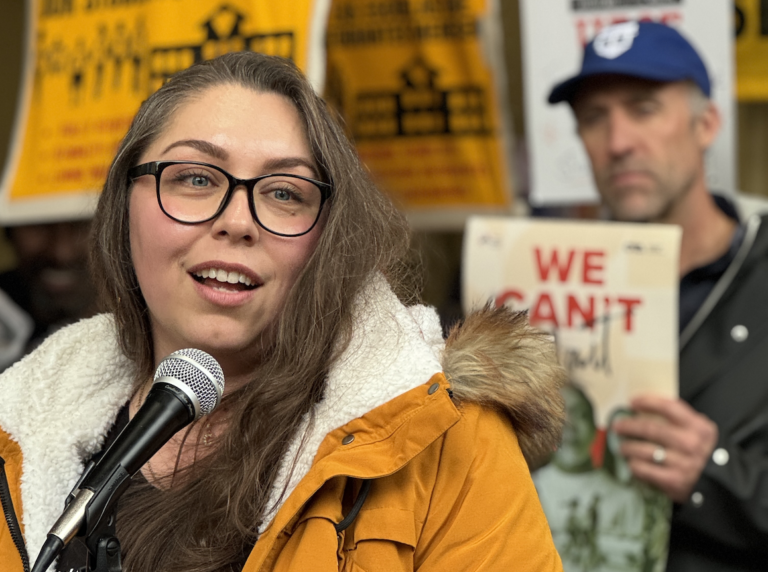Unraveling Educational Changes in San Francisco: A Call to Action
On March 20, 2025, an executive order signed by former President Donald Trump initiated the dismantling of the Department of Education, a move anticipated to have severe repercussions on vulnerable student populations, including students of color, those with disabilities, and individuals from low-income backgrounds.
The Challenge for Public Education
The shift in federal policy raises concerns about the potential redirection of funds intended for public schools toward private school vouchers, threatening to undermine the promise of public education. In response, local school districts are urged to uphold the principles of inclusive and equitable education and to safeguard their communities against these political changes.
Local Responses and Challenges
In San Francisco, the Unified School District (SFUSD) has taken controversial steps that added to the uncertainty for educators. Recent threats of significant layoffs resulted in 177 notices being issued, creating additional stress as educators sought to manage their school budgets during this turbulent period.
Changing Educational Landscape
Despite facing consistent challenges, public educators in San Francisco are committed to navigating these instabilities. They are prepared to advocate for the stability and resources that students in the district need to thrive, demonstrating resilience in the face of adversity.
The Contrast of Wealth and Investment in Education
San Francisco presents a striking example of skewed educational priorities. While the city’s economy thrives and considerable wealth is generated, public schools often grapple with inadequate funding and support. Instead of functioning as models of stability, schools face pressures to achieve success amidst financial shortfalls and administrative mismanagement.
Priorities for Reform
Educators on the frontlines are expressing a clear vision for rebuilding schools after years of budget cuts. This vision includes:
- Investing in classroom staff, with a focus on hiring educators rather than expanding administrative roles.
- Utilizing available voter-approved funding to ensure money reaches the classrooms, rather than remaining in reserves.
- Providing necessary support services, such as counselors, nurses, and special education staff.
- Maintaining manageable class sizes to enhance the learning experience.
The Role of Community Support
Local voters have historically shown strong support for educational funding, yet the district continues to face challenges despite having over $100 million in voter-approved tax funds. This financial disparity highlights a need to realign funding priorities to directly benefit the learning environment.
Urgent Actions Needed
The educators’ proposal emphasizes equitable pay and benefits, recognizing the important role they play in the community. Facilities must also provide safe and clean environments conducive to learning, which drives further calls for comprehensive solutions in staffing and resources.
Looking Forward
In light of ongoing threats to public education from the federal level, it is critical for local and state officials to work collaboratively with educators. By aligning efforts towards sustainable support for schools, they can help cultivate a society that embodies fairness, equity, and democracy.
Mobilizing for Change
With upcoming actions scheduled from April 21 to April 25, educators will engage in a citywide picket to advocate for their bargaining proposals. They invite community members to participate in this critical moment for public education.
As we approach an uncertain future, it is essential for all stakeholders to unite in their efforts to support and fund the educational framework crucial for nurturing the next generation.
Cassondra Curiel serves as the president of the United Educators of San Francisco, advocating for the rights and needs of educators throughout the district.



